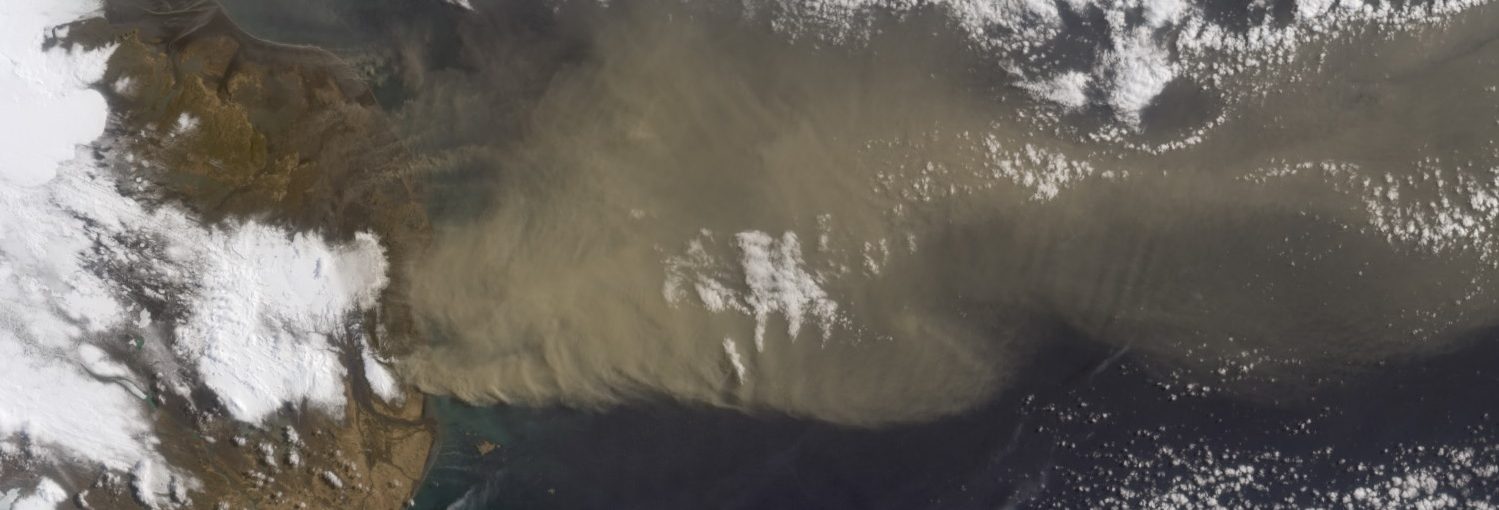This IAVCEI commission arose to deal with challenges in tephra hazard research and applications. We bring together scientists with different tephra hazard experiences (e.g. modelers, model users, field volcanologists) to integrate and improve current hazard approaches and tephra-dispersal models.
The commission is open to anyone interested in tephra hazards. If you would like to contribute to activities, working groups, or to simply stay in the loop, feel free to message us here).
Our primary goals are to:
(i) Calibrate existing tephra-dispersal models
(ii) Identify improvements to existing models that would increase precision and accuracy
(iii) Compile a comprehensive dataset for modeling validation
(iv) Define a tephra-sampling protocol to standardize tephra collection and quantify the accuracy of eruptive parameters derived from field data
(v) Determine feasibility of running specific models on different types of computer systems, such as individual personal computers, parallelized clusters, or remote servers using an internationally accessible web-based interface;
(vi) Present results in a framework that allows new research to be incorporated into analytical and numerical models for tephra hazard assessments
To achieve these goals, past commissions have planned a series of meetings in order to:
- Exchange relevant published and unpublished information about modeling approaches and data used for model parameters
- Assemble data from a range of well-documented tephra-fall deposits for use in model testing
- Develop a shared, on-line database of open-source codes and data to facilitate rapid development and use of dispersion models
- Test model accuracies and associated uncertainties in calculating observed tephra-fall characteristics using measured eruption data as input parameters
- Improve existing models by integrating test results
- Obtain extramural funding to develop the tested models into a useable hazard analysis tool that can be widely distributed
Past THM leaders were Costanza Bonadonna (Univ. of Geneva), Simona Scollo (INGV), Raffaello Cioni (Univ. of Florence), Arnau Folch (BSC-CNS Barcelona).
